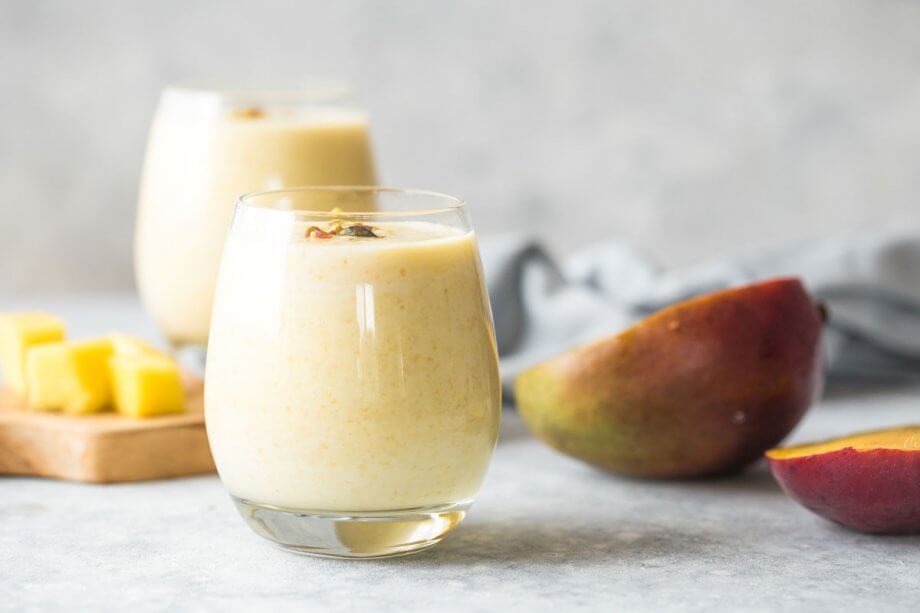Dentists know them as third molars, and you most likely know them as a source of discomfort and jaw pain—yes, we’re talking about wisdom teeth. In the past, wisdom teeth removal was a rite of passage for most young adults, but today, we typically only extract them when they’re causing crowding, infection, or other dental problems. If you’ve been told that you need to have your wisdom teeth extracted, you’ll need to make some preparations for your recovery, including stocking your pantry and refrigerator with soft foods to expedite your healing process. Here’s what to eat after wisdom teeth removal.
Foods to Eat After Wisdom Teeth Removal
When you get back home after your appointment, you might not be in the mood to eat very much! Once your appetite returns, you’ll need to stick to a diet of liquids and soft foods—and by soft, we don’t mean pillowy bread or ripe pears, we mean foods that don’t need to be chewed at all. In the first one to two days after your wisdom tooth extraction, you can eat:
- Smoothies (don’t use a straw for at least 24 hours after your extraction)
- Yogurt
- Applesauce
- Blended soups
- Mashed potatoes
- Jello
- Pudding
- Ice cream
Although ice cream certainly isn’t a food dentists normally would recommend, the cold temperature can help relieve pain and swelling.
After a few days of this, you can start to reintroduce soft foods that require some amount of chewing, like canned fruit, scrambled eggs, oatmeal, and chicken or tuna salad for protein. If you experience pain when eating something, stop and try again another day. Use common sense—if you don’t think you’re ready to chew a piece of toast or cheese, don’t push yourself!
Foods to Avoid After Wisdom Teeth Removal
Just as important as the list of foods to eat after having your wisdom teeth extracted is the below list of foods that should be avoided:
- Very hot foods and beverages
- Spicy foods, which can cause irritation
- Acidic foods like orange juice and tomato soup, which can also irritate the extraction site
- Alcohol
- Small grains like rice, couscous, or quinoa, and seeds like sesame and poppy, as they can become lodged in the soft tissue and cause infection
- Hard and chewy foods—nuts, tortilla chips, steak, jerky, etc.
As you heal from your extraction, you’ll be able to start eating these foods again. Listen to your body—if you’re still experiencing jaw pain or soreness at the extraction site, hold off on foods that can worsen your discomfort.
Most patients are fully recovered from their wisdom tooth extraction after one week of recovery; if you had a complex case due to a fully-impacted or partially-impacted wisdom tooth, it may take up to two weeks to feel back to normal. If instead of feeling better and better as each day passes after your surgery, you start to feel worse and worse, contact us right away, as you may have an infection or other complications.
Learn More About Wisdom Teeth Removal
If you need to have your wisdom teeth extracted or have any questions about the process or its recovery, contact us today at 440-247-8641 to schedule an appointment at Chagrin Falls Dental.

